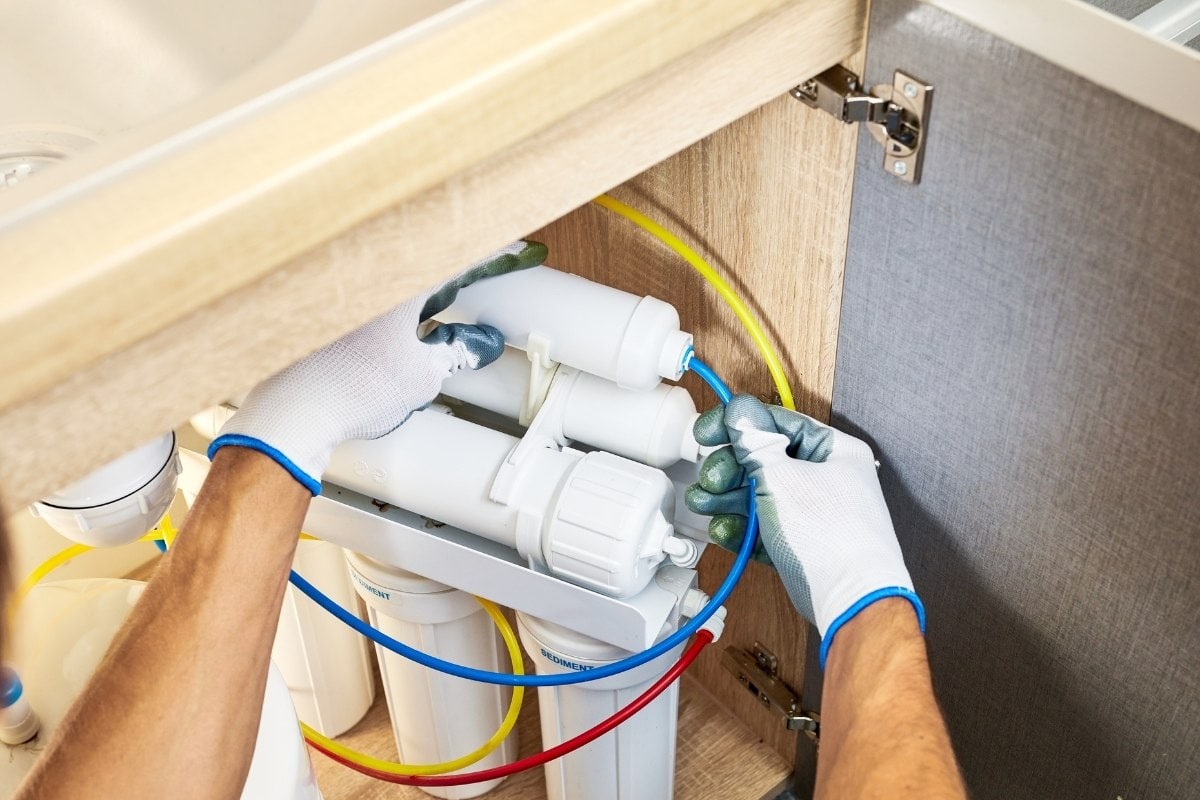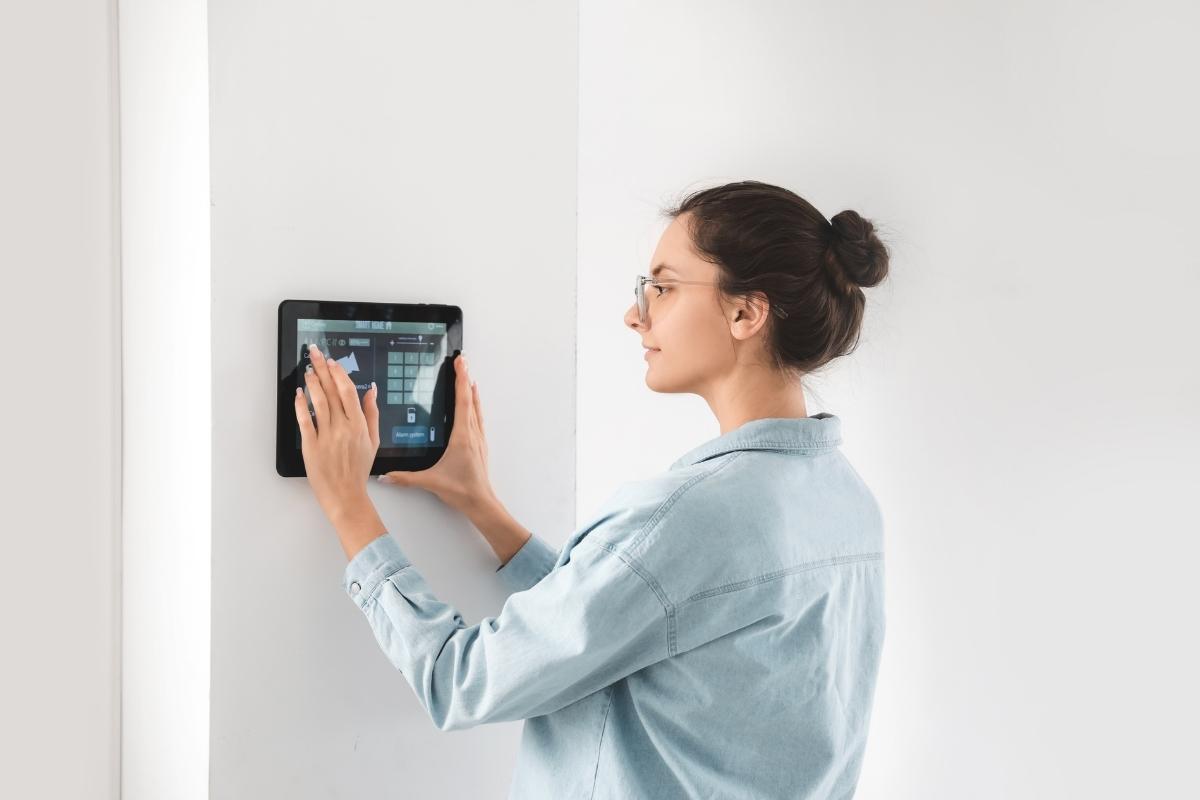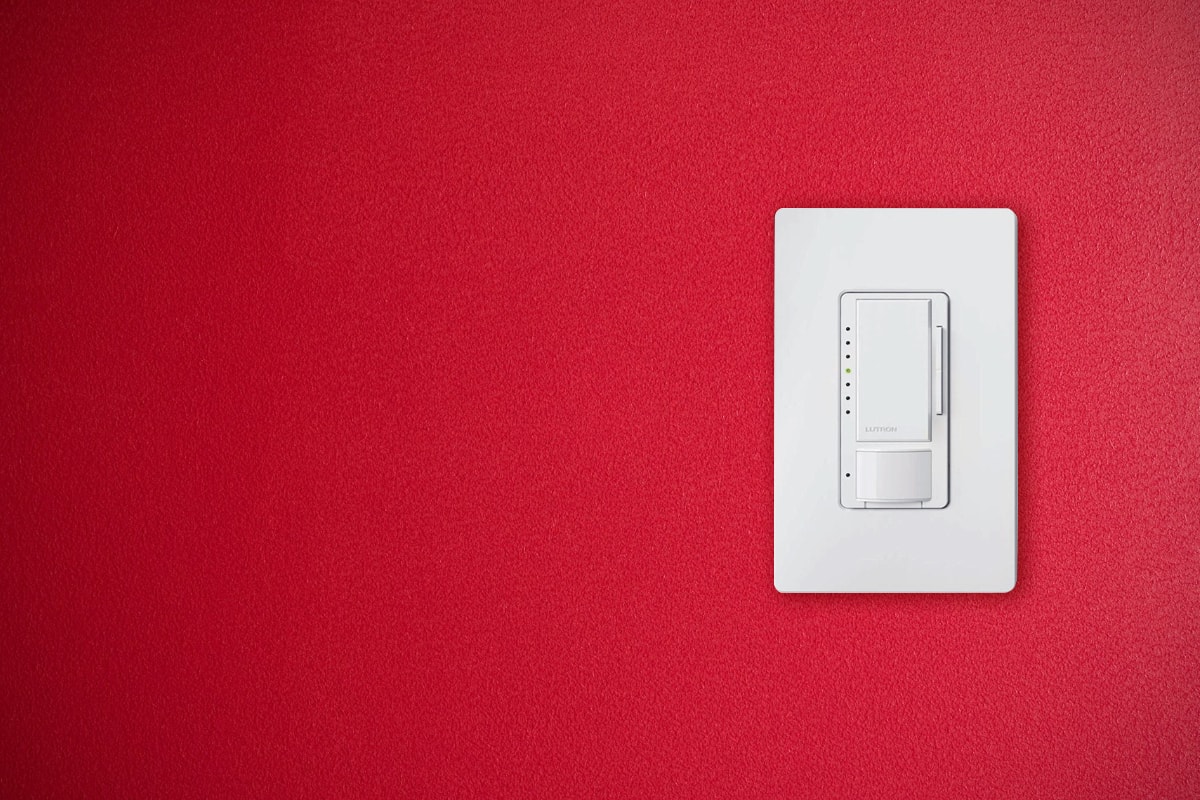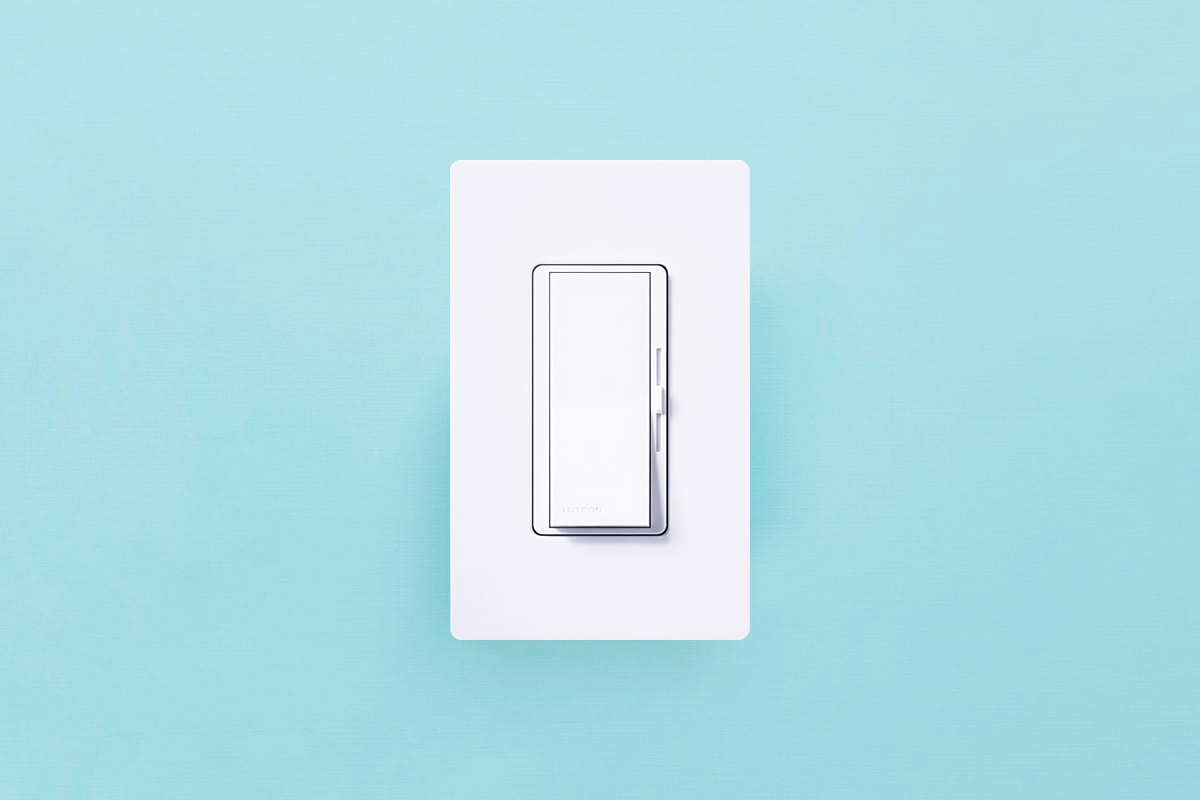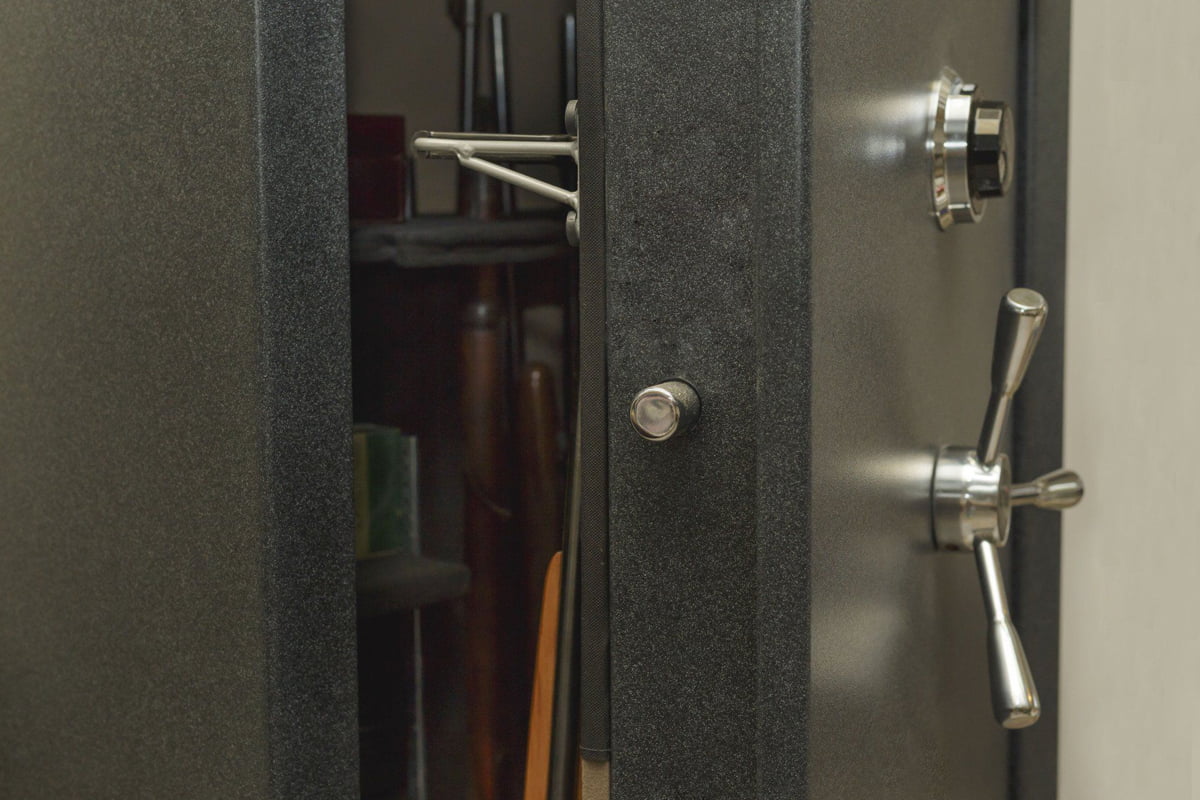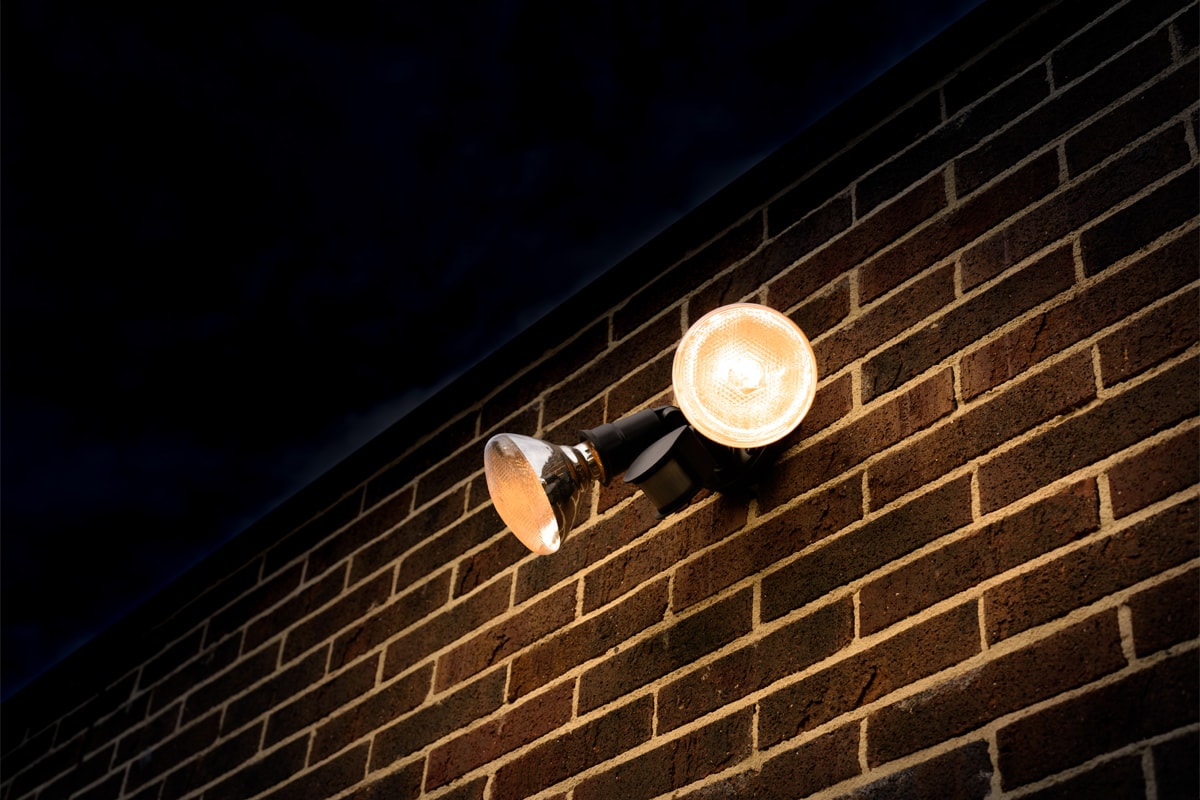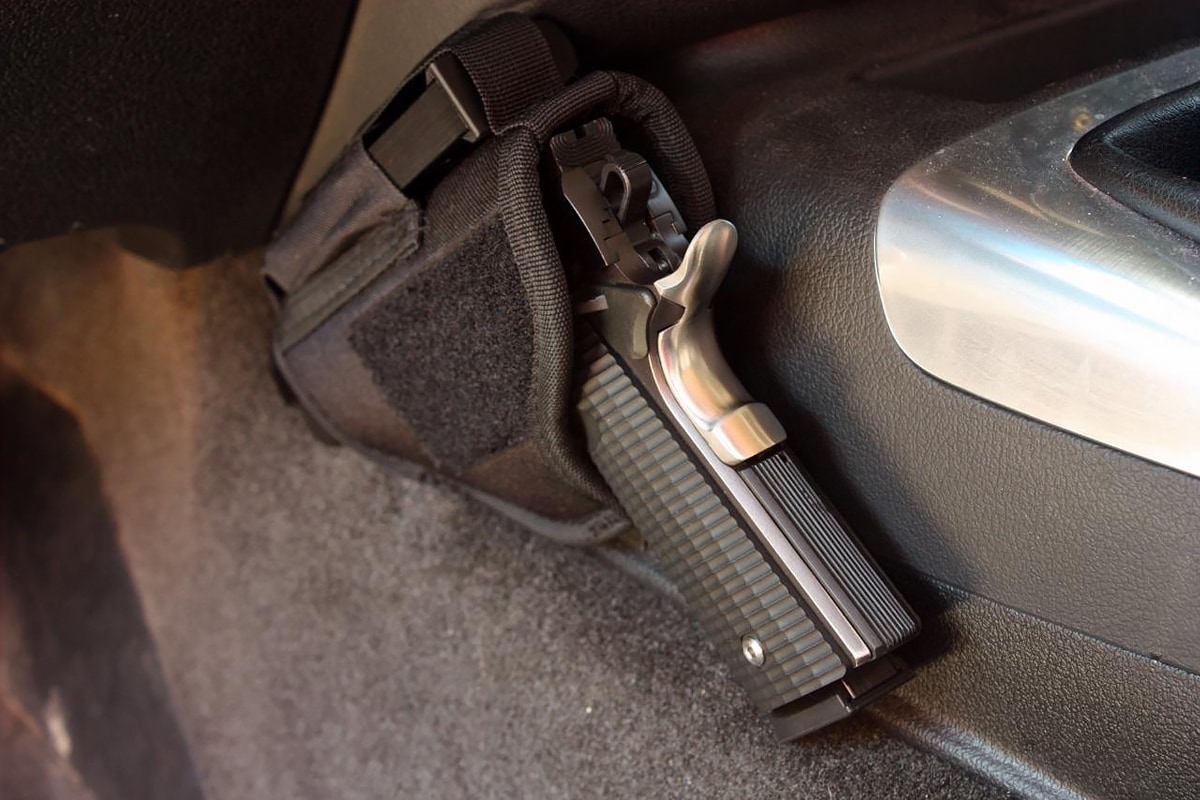Concern over water quality has been growing in recent years, especially as increasing demand empties aquifers and puts a strain on community reservoirs. It’s getting harder to find a source of water that you know is free of chemicals, pollutants and other contamination. One option that many people choose is to purchase all their drinking water from companies that offer distilled or other purified products. However, this requires you to trust the manufacturer’s bottling and shipping process.
Even the best processes can introduce contamination when large amounts of water must be processed, and that’s ignoring the potential problems from leaving water in plastic containers for long periods of time. Testing by the Environmental Working Group showed that several major brands of bottled water contain chemicals that aren’t regulated in bottled water, as well as quantities of cancer-causing substances that exceed the very strict California legal minimum.
Is Purified Water Really Pure
Many water bottlers advertise their water as more pure and healthy than conventional tap water, but it can be hard to know if they’re telling the truth. After all, purification refers to any process used to filter water or remove chemicals and bacteria. Chlorine-scented tap water has technically been purified.
Some companies even use water that comes directly from the municipal water supplies of communities with particularly appealing tap water. While this might be safe to drink, it isn’t the mountain spring that most water bottle labels imply. Unfortunately, it can be hard to find out exactly where bottled water comes from, much less how it has been treated along the way to your kitchen. Some brands of water are even potentially dangerous to your health.
Water Regulation Loopholes
While most governments have at least some regulation to ensure that residents have safe water to consume, these aren’t all encompassing. For instance, many chemicals found in tap and bottled water aren’t regulated. Plus, bottled water doesn’t always get the same level of regulation as the municipal supply. For instance, while towns and cities are required to notify their residents when a contamination incident occurs, the same thing doesn’t apply to bottlers. On average, the 10 most popular brands of purified water contained eight contaminants per brand in one test.
Why Filter Water at Home
Doing your own water filtration is one way to get around the need to trust either city supplies or water bottlers. When you filter water at home, you know what kind of equipment you’re using to remove chlorine, bacteria, heavy metals and other materials from your water. A high-quality water filtration unit such as a Tyent ionizer even lets you know when it’s time to change the filter, so there’s no risk of getting a lower-quality product.
Filtering your own water also allows you to save a significant amount of money. On average, commercial bottled water costs 1,900 times the price of ordinary tap water, even when the contents of your bottle are almost identical to what comes out of the tap. A water filtration unit requires some initial investment and won’t be as cheap as simply turning on the faucet, but it’ll help you ensure that you and your family are drinking safe, healthy water for just pennies a glass.
If you aren’t sure whether your local water supply can provide the safe, health-promoting water you need, it might be time to look elsewhere. Instead of picking up a bottle, consider doing your own filtration. You’ll be amazed by how good clean water can taste.

